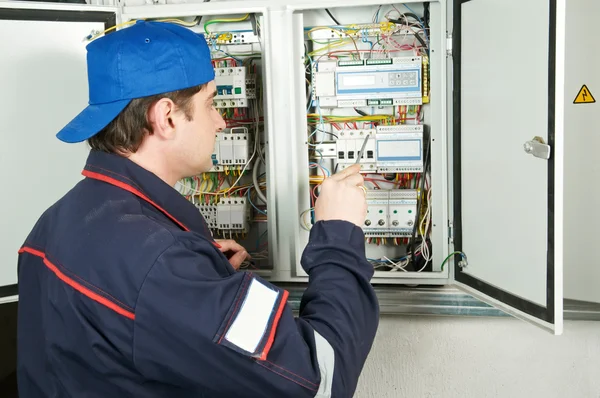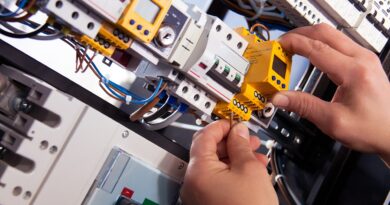How Electrical Testing Ensures Optimal Performance
Testing the Current: How Electrical Testing Ensures Optimal Performance
Introduction
In today’s technologically advanced world, electricity powers nearly every aspect of our lives. From our homes to businesses and industries, the optimal performance of electrical systems is crucial. Electrical testing plays a vital role in ensuring the reliability, efficiency, and safety of these systems. In this blog post, we will explore the importance of electrical testing and how it ensures optimal performance of electrical systems.
The Importance of Electrical Testing
Reliability Assessment
Electrical testing allows for the evaluation and assessment of the reliability of electrical systems. By conducting various tests and inspections, potential issues and weaknesses can be identified before they lead to system failures or breakdowns. This proactive approach helps minimize the risk of unexpected power outages, equipment malfunctions, or disruptions in operations.
Performance Optimization
The optimal performance of electrical systems is essential for their efficient operation. Electrical testing helps identify any performance issues or inefficiencies within the system. By measuring parameters such as voltage levels, current flow, power factor, and energy consumption, testing provides valuable insights into the performance of the system. This information can be used to optimize the system, enhance energy efficiency, and reduce operational costs.
Fault Detection and Prevention
Electrical testing plays a crucial role in the detection and prevention of faults within electrical systems. By conducting tests such as insulation resistance testing, ground fault testing, or thermal imaging, potential faults can be identified early on. This allows for timely repairs or replacements, preventing faults from escalating into more severe issues that could lead to system failures, safety hazards, or costly damages.
Compliance with Standards and Regulations
Electrical testing ensures that electrical systems comply with relevant industry standards and regulations. Compliance is essential to maintain the safety of occupants, employees, and the general public. By adhering to these standards, electrical systems can operate within safe limits, reducing the risk of electrical accidents, fires, or other hazards. Compliance also helps avoid legal liabilities and regulatory penalties.
Safety Assurance
Safety is a paramount concern when it comes to electrical systems. Electrical testing helps assess the safety aspects of the system by identifying potential electrical hazards or risks. By checking for proper grounding, insulation integrity, protective device functionality, and adherence to safety standards, testing ensures that the system operates within safe parameters, reducing the risk of electrical shocks, fires, or injuries.
Types of Electrical Testing
Insulation Resistance Testing: This test measures the integrity of insulation materials used in electrical components and wiring. It helps identify any insulation breakdowns or weaknesses that could lead to electrical faults or malfunctions.
Voltage Testing: Voltage testing ensures that voltage levels are within acceptable ranges. It helps identify overvoltage or undervoltage conditions that could affect the performance and longevity of electrical equipment.
Load Testing: Load testing evaluates the performance of electrical systems under specific load conditions. It helps determine if the system can handle the required electrical load without exceeding its capacity.
Ground Fault Testing: Ground fault testing checks the effectiveness of grounding systems and protective devices. It helps identify any faults in the grounding path, ensuring the safety of the system and its users.
Power Quality Analysis: Power quality analysis involves testing and analyzing various electrical parameters such as voltage fluctuations, harmonic distortion, and power factor. It helps ensure the quality and reliability of electrical power supplied to the system.
Conclusion
Electrical testing is a vital process that ensures the optimal performance, reliability, and safety of electrical systems. By assessing reliability, optimizing performance, detecting and preventing faults, ensuring compliance, and assuring safety, electrical testing plays a crucial role in maintaining efficient and dependable electrical infrastructure. Through various testing methods, potential issues can be identified and addressed proactively, minimizing the risk of disruptions, hazards, or costly damages. Testing the current is essential to keep electrical systems running smoothly and efficiently in our modern world.




